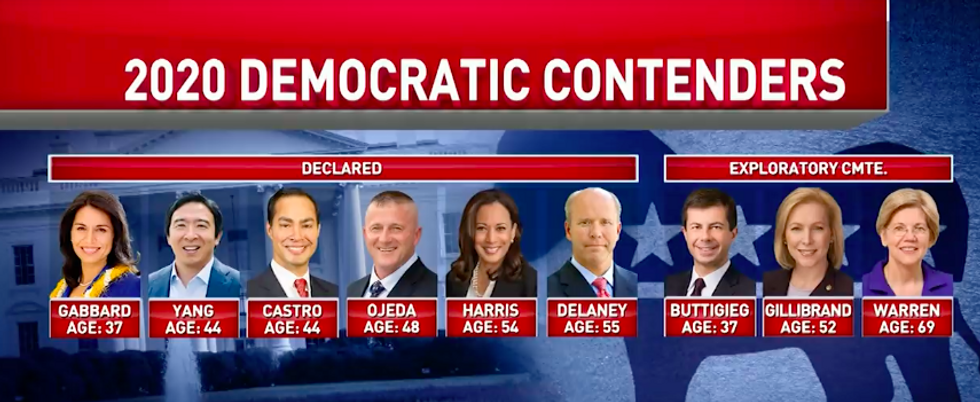Though the presidential race is still a year away, campaign season has already begun, especially for the democrats. So far, eight dems have either announced their candidacies or formed an exploratory committee. Some big names - including Senator Bernie Sanders and former Vice President Joe Biden - remain off the list, but could be joining the race soon. All in all, these men and women represent the most diversified group of democratic candidates in history.
Pete Buttigieg
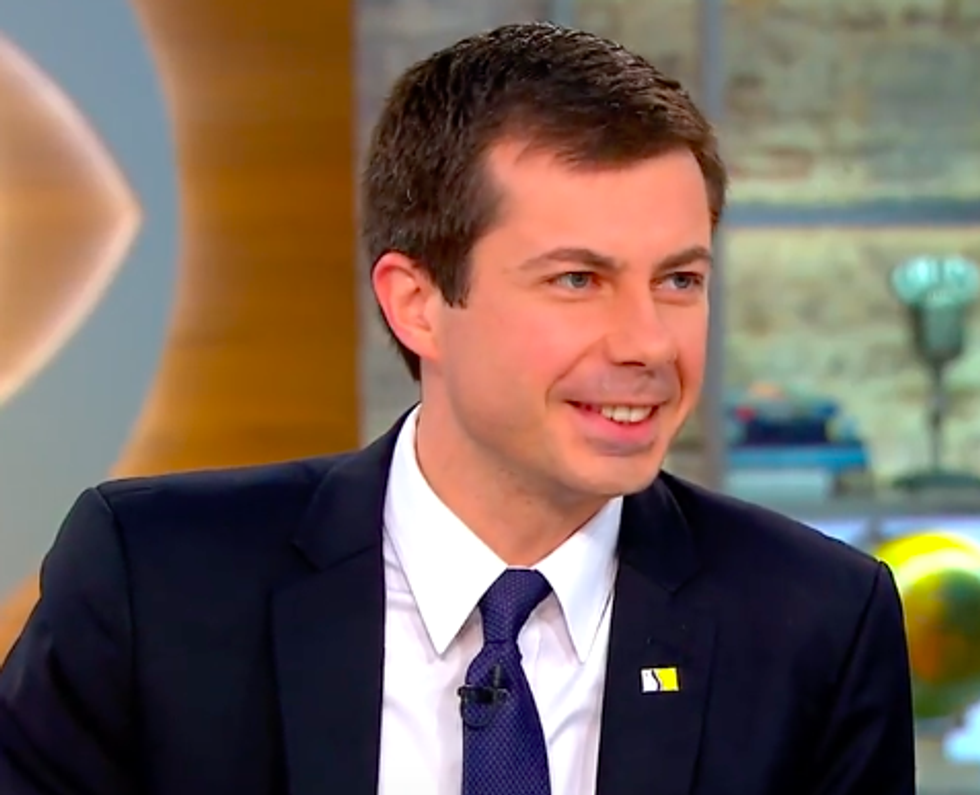
https://www.youtube.com/watch?v=AXeHxLZESgM
At the age of 29, Pete Buttigieg became mayor of South Bend, Indiana. Now, eight years later, he's running for president in the hopes of a "fresh start" for America, one that will be led by millennials -- a generation he belongs to. His policy standpoints are still unclear, but his work bringing South Bend -- a former industrial center -- into the 21st century demonstrates a focus on higher education and healthcare reform. Though his political resume is short, Buttigieg's background as a Rhodes scholar and a veteran of the war in Afghanistan is impressive. If he were to be elected (chances are slim), he would also be the first openly gay president in history.
Julian Castro
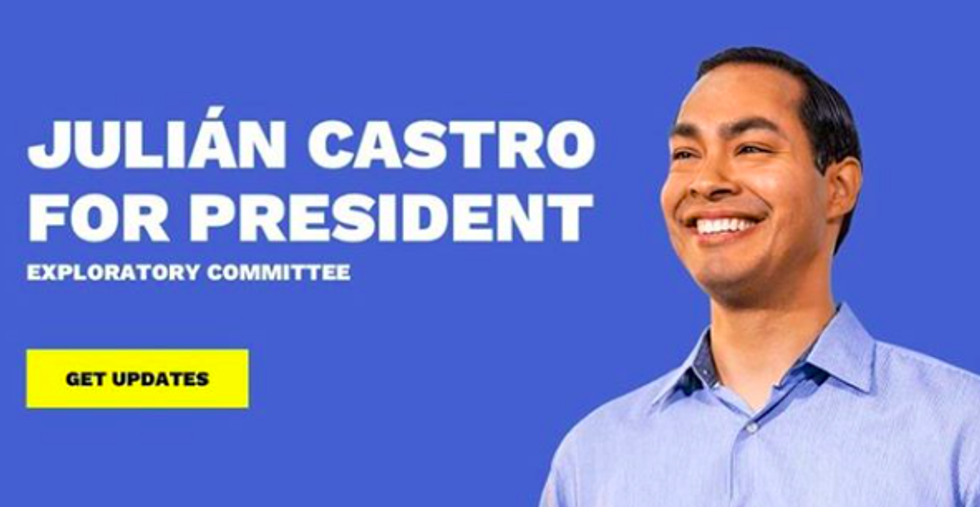
https://www.instagram.com/p/BsCX5rRFi40/
You may not have heard of Julián Castro before, but for Democrats within the party, his candidacy comes as no surprise. Castro first took public office when he became mayor of San Antonio in 2009, and later joined the Obama administration as the youngest secretary of Housing and Urban Development. The central theme of his platform: opportunity for all, regardless of "who we are or where we come from." Castro aims to expand healthcare access, make early childhood education possible for all children, and take action against climate change. His Cuban background could give him an advantage among Latino voters, but he'll face tough competition against fellow Texan newcomer Beto O'Rourke, should O'Rourke choose to run.
John Delaney
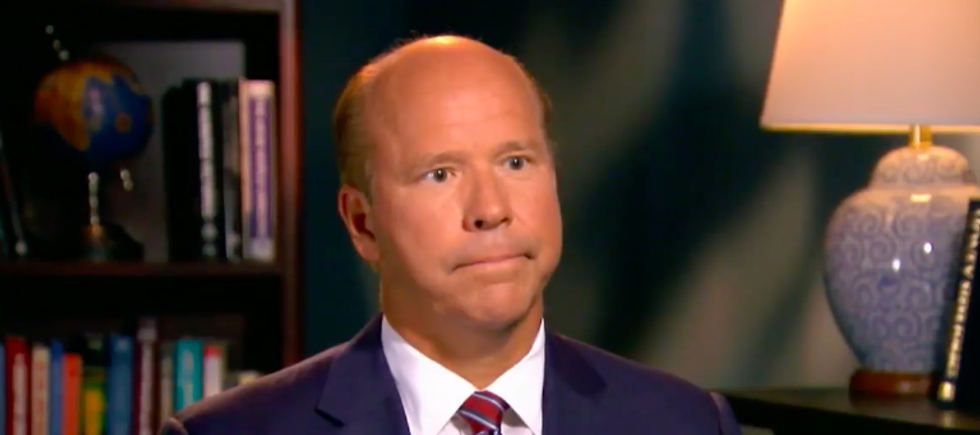
https://www.youtube.com/watch?v=xYW6UokQC8U
John Delaney is a former representative of Maryland's sixth district, and the first Democrat that announced his 2020 bid. Originally from New Jersey, Delaney decided to run for public office in 2012 after co-founding two publicly-traded companies. During his time in office, he supported measures that would help out veterans and strengthen public education. Delaney believes that technological innovation, tax reform, and building new infrastructure are essential for America's future. On his website, he lists four principles as the central issues of his campaign: unity, prosperity, security, and justice.
Tulsi Gabbard
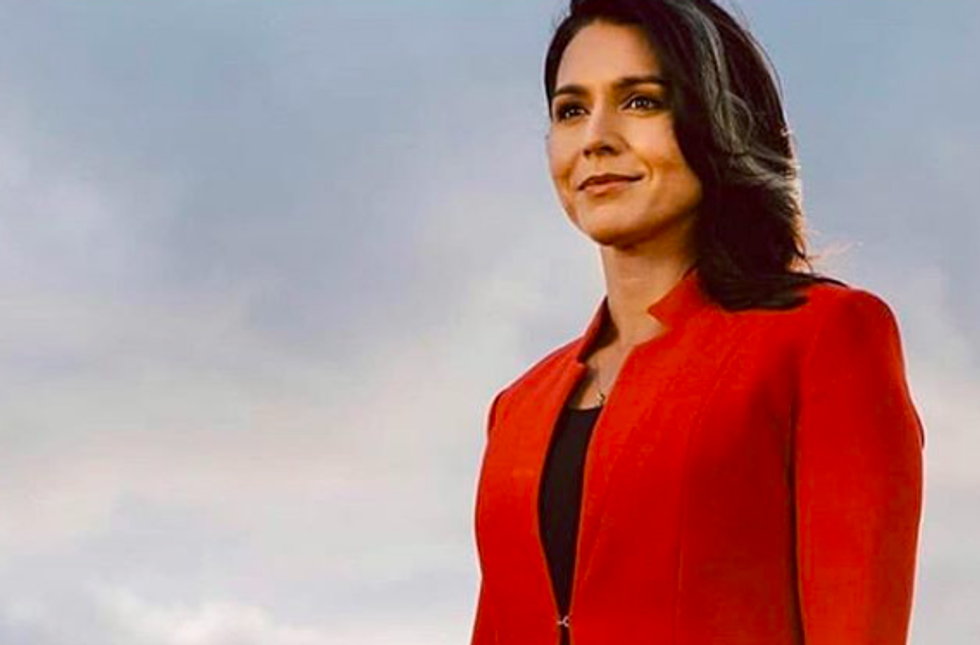
https://www.instagram.com/p/BsjHC9pnYHp/
Perhaps the most controversial candidate in the field, Tulsi Gabbard was first elected to Congress in 2012, and has represented Hawaii's second district ever since. Gabbard, an Iraq war veteran, was once hailed as the future of the democratic party, but her harsh take on foreign policy in the Middle East and past ties to anti-LGBTQIA groups have since made her an outcast. At 37, Gabbard would also be the youngest woman running. Despite this, her platform is somewhat similar to that of her peers, calling for campaign finance reform, action on climate change, and criminal justice reform. Gabbard advocates for an end to American intervention in Syria as well.
Kirsten Gillibrand
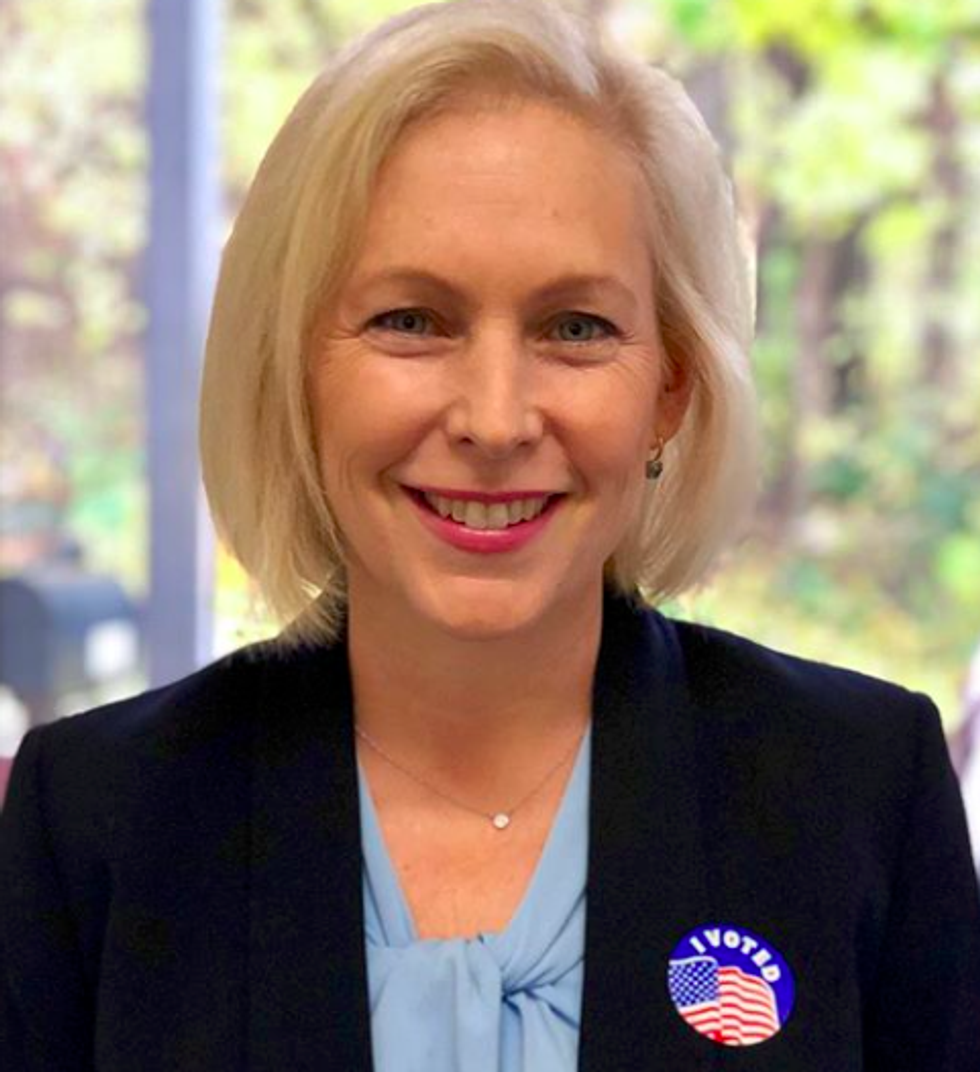
https://www.instagram.com/p/Bp14InihGsv/
Kirsten Gillibrand became a New York senator in 2009 to fill the vacancy left by then-Senator Hillary Clinton after she was nominated as secretary of state. Before this, Gillibrand served in Congress, and worked as special counsel to Secretary of Housing and Urban Development Andrew Cuomo during the Clinton administration. During her time in the Senate, she made headway tackling sexual assault in the military and helping to repeal "Don't Ask, Don't Tell." As a mother of two sons, Gillibrand has made paid family leave an essential part of her campaign. Though she now fights for liberal causes, Gillibrand was once a centrist Democrat with an "A" rating from the NRA.
Kamala Harris
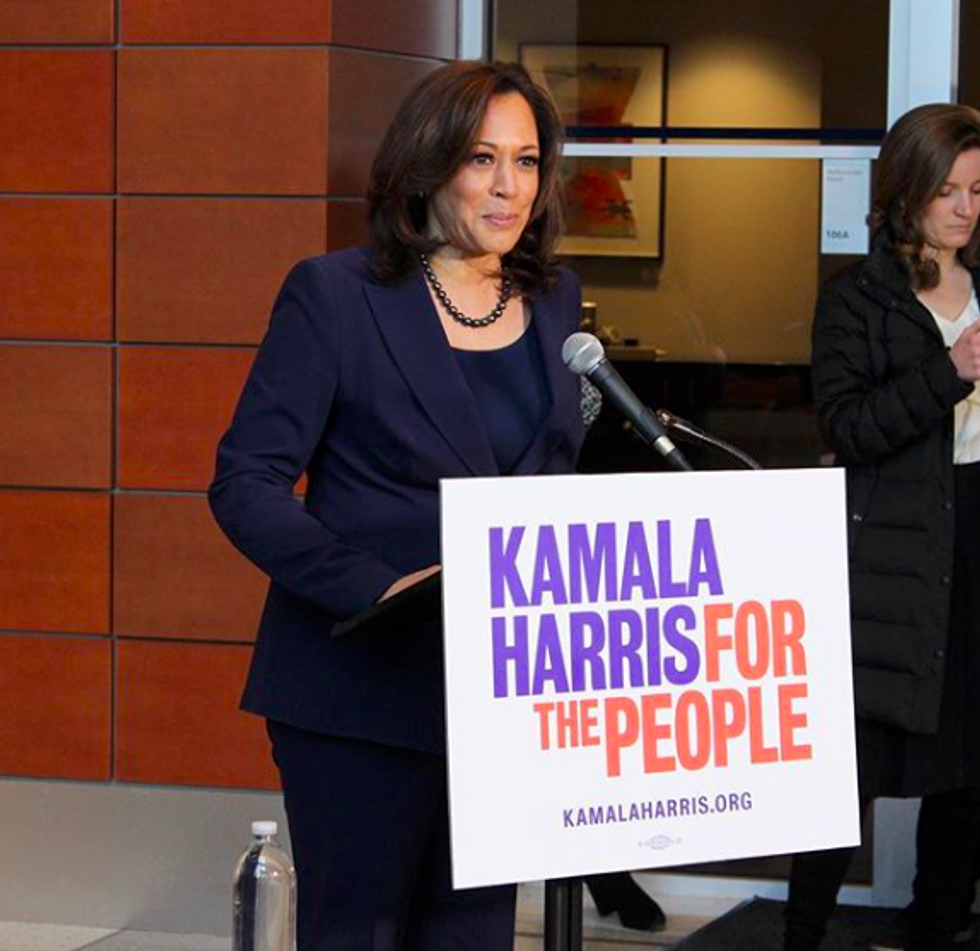
https://www.instagram.com/p/BtCmhm1AT7_/
Kamala Harris, a senator from California, officially announced her candidacy on January 21, just over a week ago. As the first female African American attorney general of California, and the second African American woman elected to the Senate, Harris is no stranger to breaking barriers. She gained notoriety in 2018 when, as a member of the Senate Judiciary Committee, she grilled former Attorney General Jeff Sessions during his confirmation hearings. Harris is a proponent of Medicare for All and believes in cutting taxes for the middle class. However, her rising popularity could be endangered by her confusing record as a state prosecutor, which critics argue leans more conservative than progressive.
Elizabeth Warren
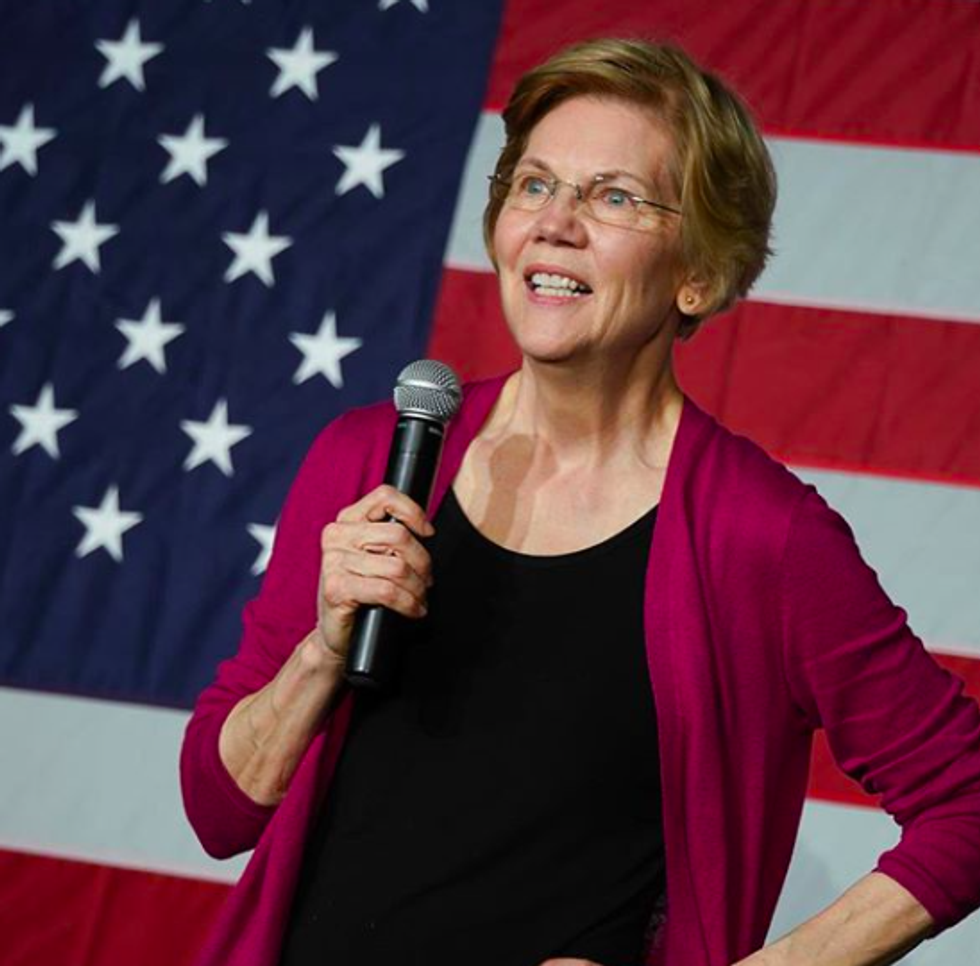
https://www.instagram.com/p/BsTDuFlHijv/
Elizabeth Warren became senator of Massachusetts in 2013, and has since made a name for herself as a leading progressive within the Democratic party. Her experiences growing up in a middle-class family from Oklahoma, as well as her extensive law career, have made her a champion for economic fairness. Warren aims for the typical American voter when she empathizes with class struggle and calls for an end to corporate influence in Washington. Though she's made significant strides in her career, Warren recently came under fire after releasing DNA test results proving her Native American ancestry in response to President Trump's name-calling her "Pocahontas."
Andrew Yang
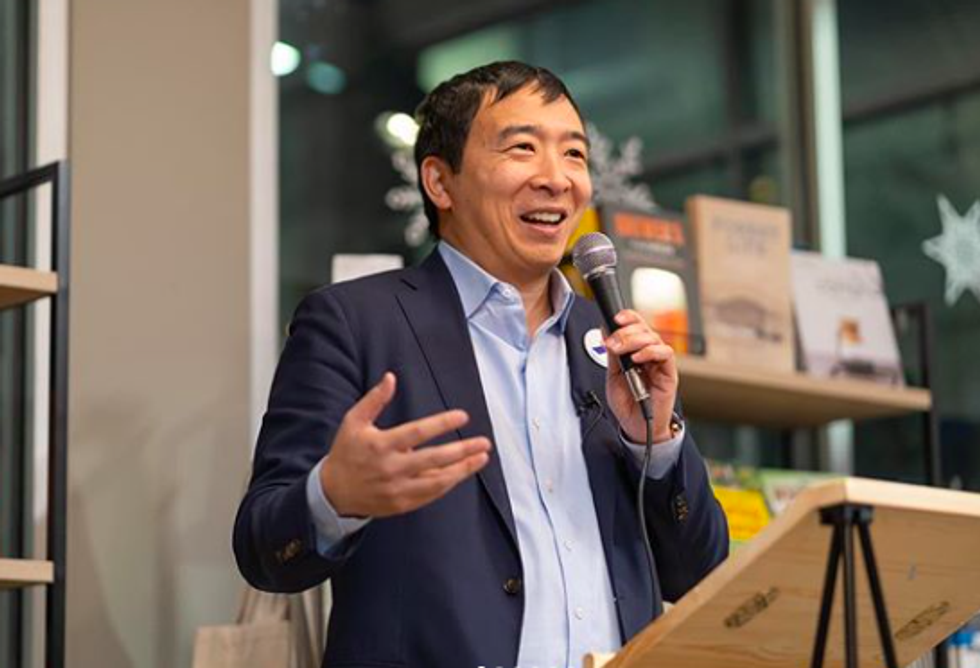
https://www.instagram.com/p/BsiyQpSB9kz/
A political newcomer, Andrew Yang is a New York businessman and former tech executive. He is known for founding Venture for America, a nonprofit organization that trains recent college graduates to launch and work for startups in up-and-coming cities across the United States. His campaign slogan, "Humanity First," echoes his idea that automation (think robots) will soon be taking over millions of jobs, creating record-breaking unemployment levels. The solution: universal basic income (UBI), or 18,000 dollars a month for every adult over 18. Yang proposes that UBI would be paid for by taxing the companies "benefiting most from automation."

